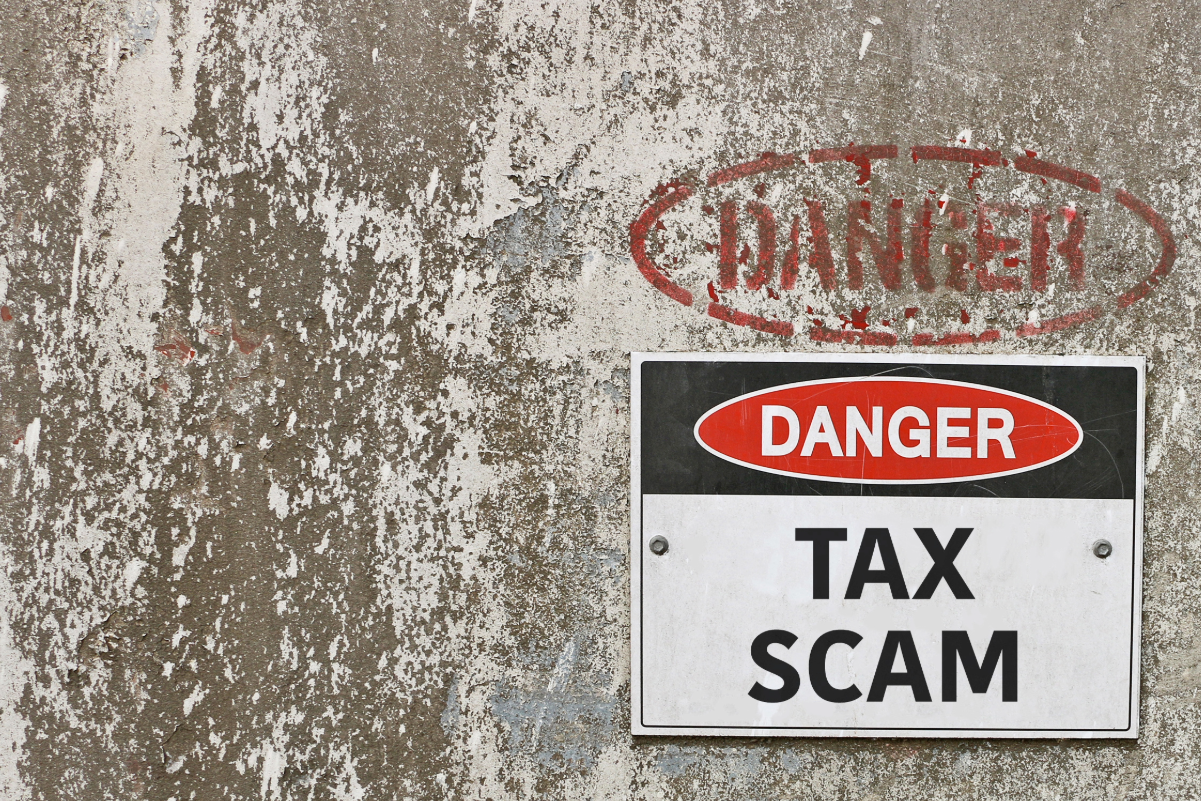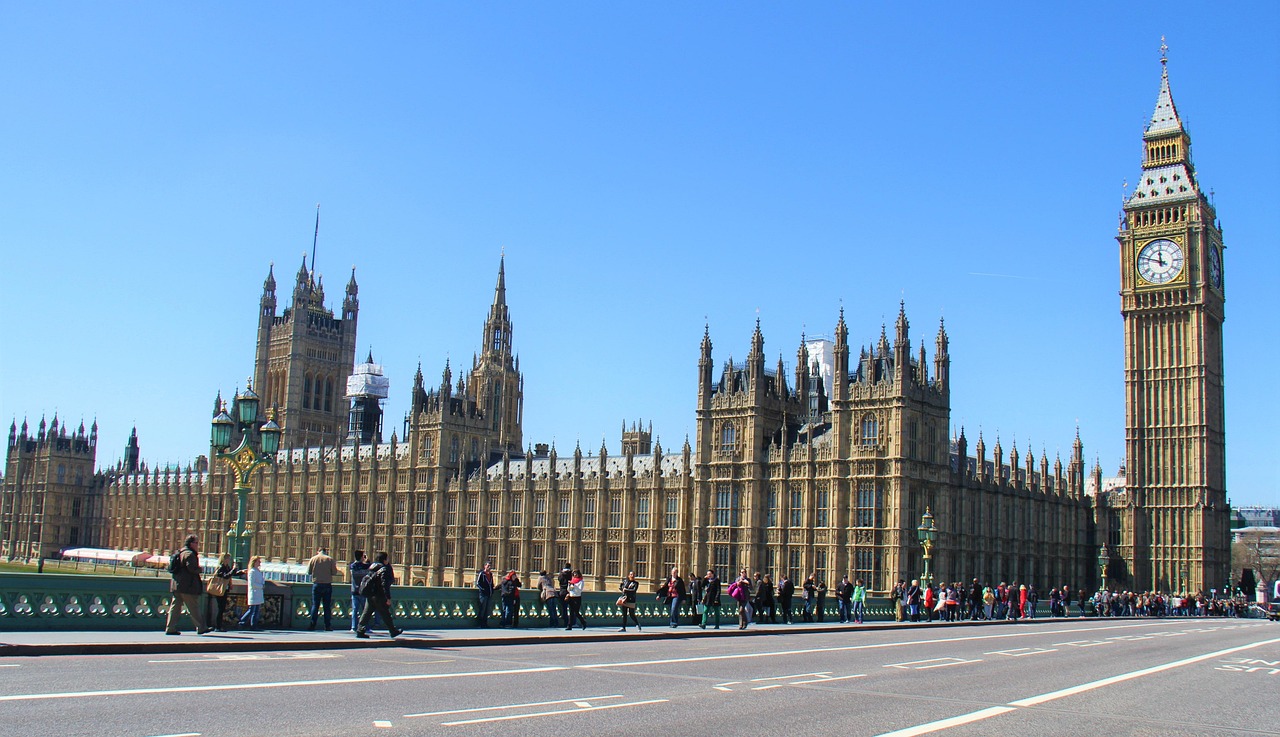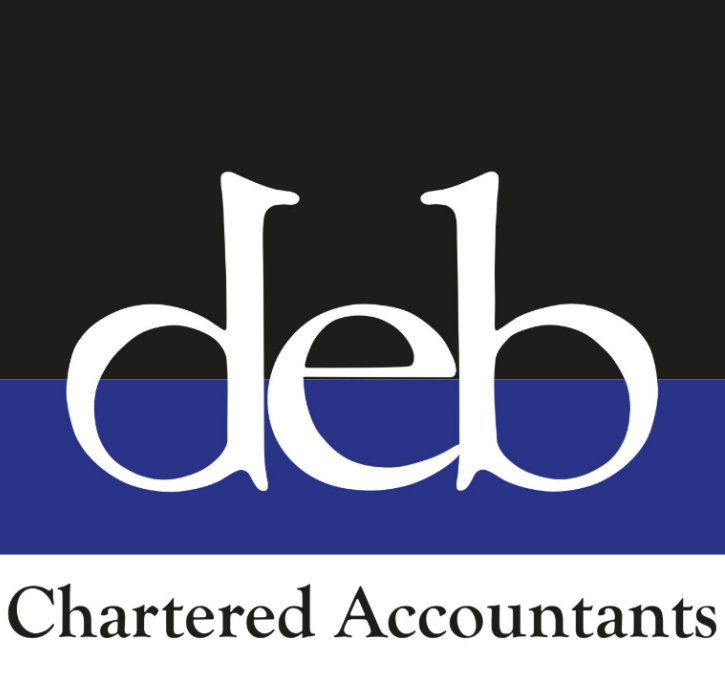
HM Revenue and Customs (HMRC) have recently published updated their guidance on how to identify tax scams made by phone, email, or text.
They advise that if you receive a phone call, email, or text message that purports to be from HMRC, it is likely to be fake if it:
- rushes you;
- is threatening;
- is unexpected;
- asks for personal information, such as bank details;
- tells you to transfer money; or
- offers a refund, tax rebate or grant.
HMRC also confirm what they will and won’t do if they contact you.
By phone:
HMRC will never threaten arrest or leave a voicemail threatening legal action.
By text:
HMRC do send text messages that may include a link to GOV.UK information or HMRC webchat. They will never ask for personal or financial information. So, a text message that offers a tax refund in exchange for personal or financial details cannot be from them.
By WhatsApp:
If you have subscribed to the UK Government Channel, you may receive occasional tax-related reminders, but you will not be able to reply. HMRC don’t otherwise use WhatsApp to communicate with taxpayers.
HMRC does use QR codes in its letters to take you to guidance on GOV.UK, but they confirm that you would never be taken to a page that requires you to provide personal information. QR codes might also be used after you have already logged in to redirect you to, say, your bank login page.
You can check whether a phone call, email or text is genuine by consulting HMRC’s website here: https://www.gov.uk/government/collections/check-a-list-of-genuine-hmrc-contacts
Guidance, including some examples of HMRC related phishing emails, suspicious phone calls and texts is available here: https://www.gov.uk/government/publications/phishing-and-bogus-emails-hm-revenue-and-customs-examples/phishing-emails-and-bogus-contact-hm-revenue-and-customs-examples

From April, people drawing the state pension may see an increase of more than £500 a year, thanks to the government’s triple lock guarantee. The policy means the pension rises each year by whichever is higher: 2.5%, inflation, or average wage growth.

Small businesses looking to expand premises could soon find it easier following new government commitments to make business rates fairer. An interim report from the Treasury says that the Chancellor will examine ways to tackle “cliff edges” in the system - sudden jumps in rates that can discourage investment.
